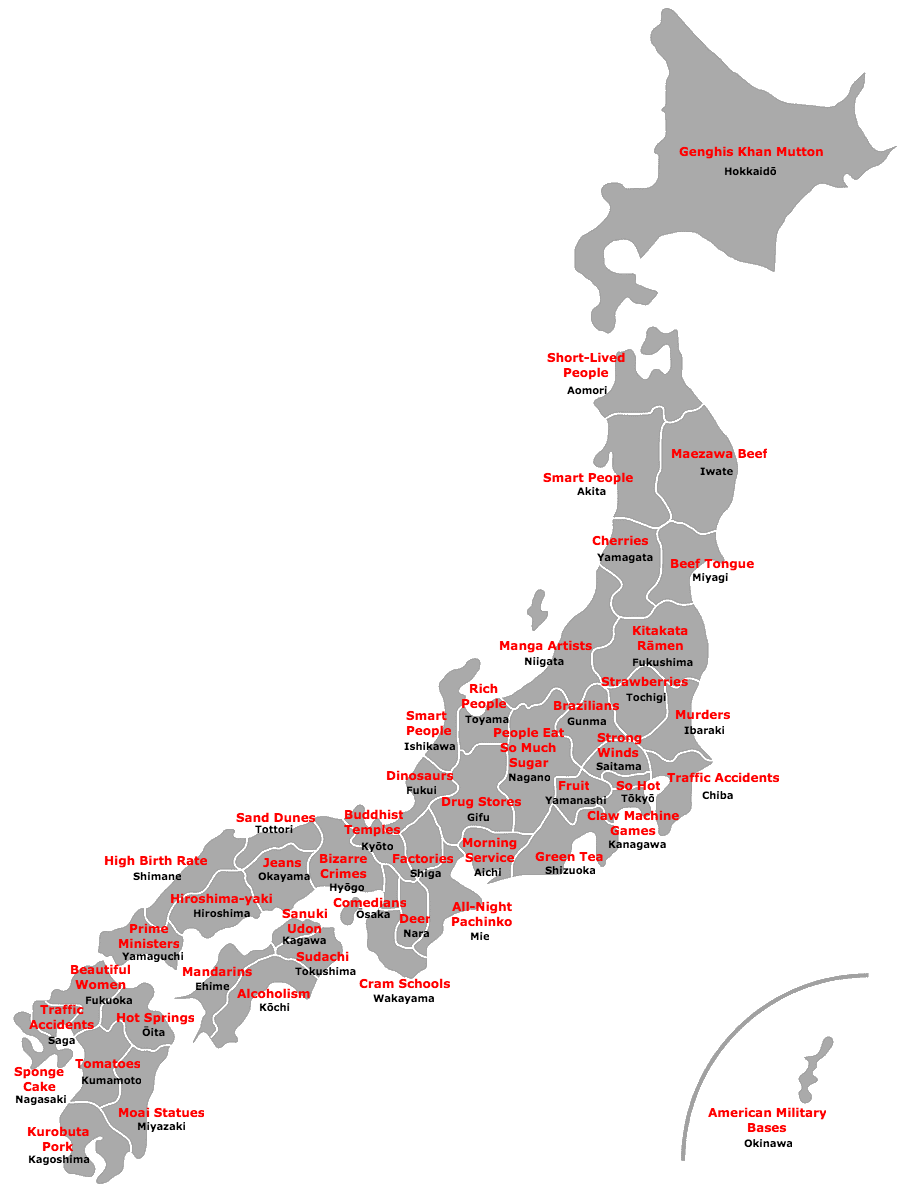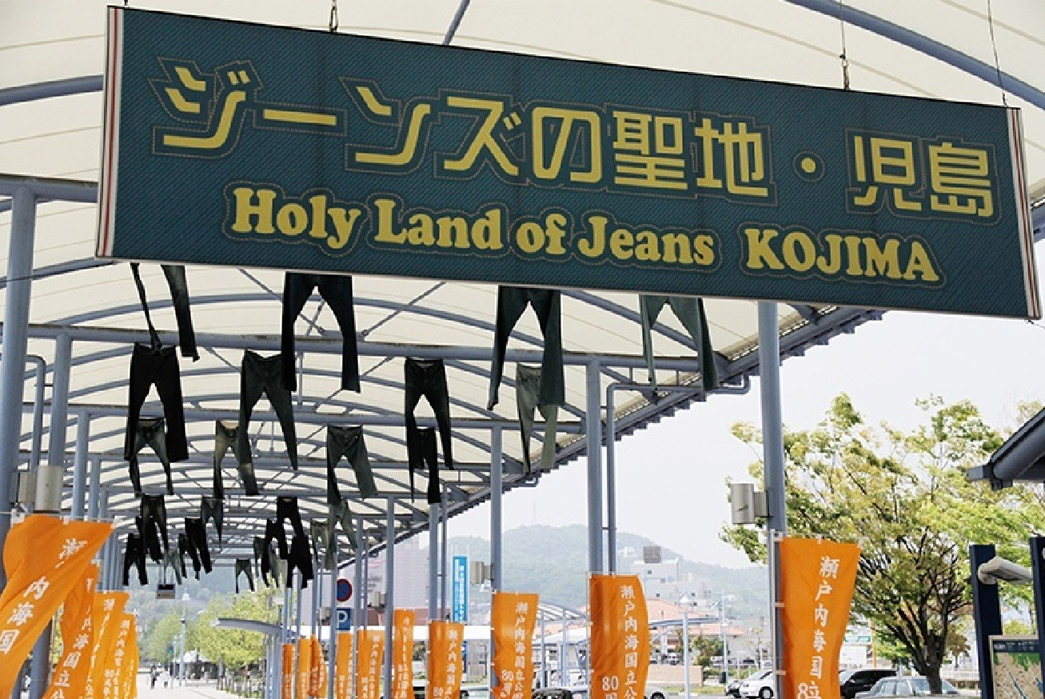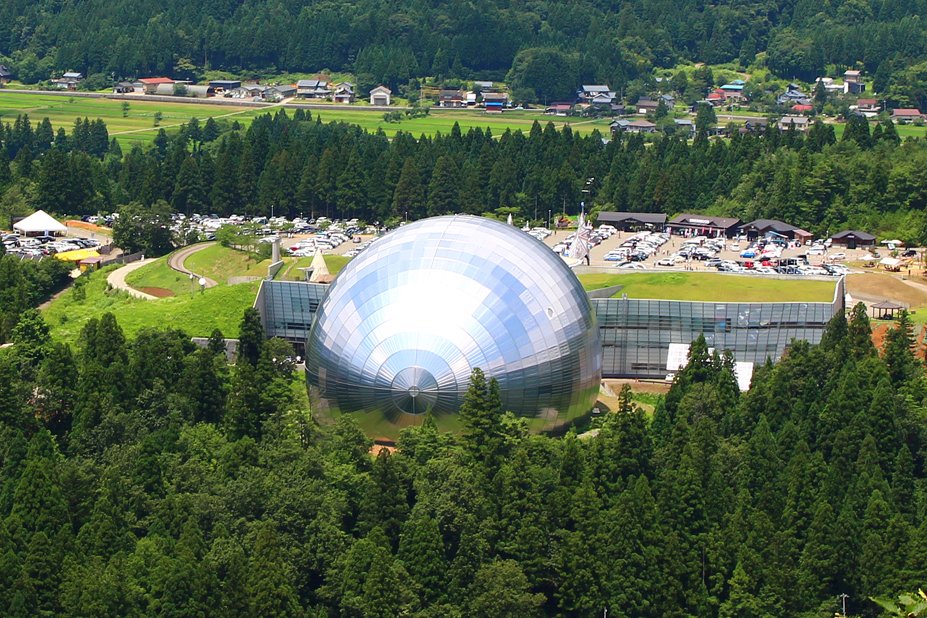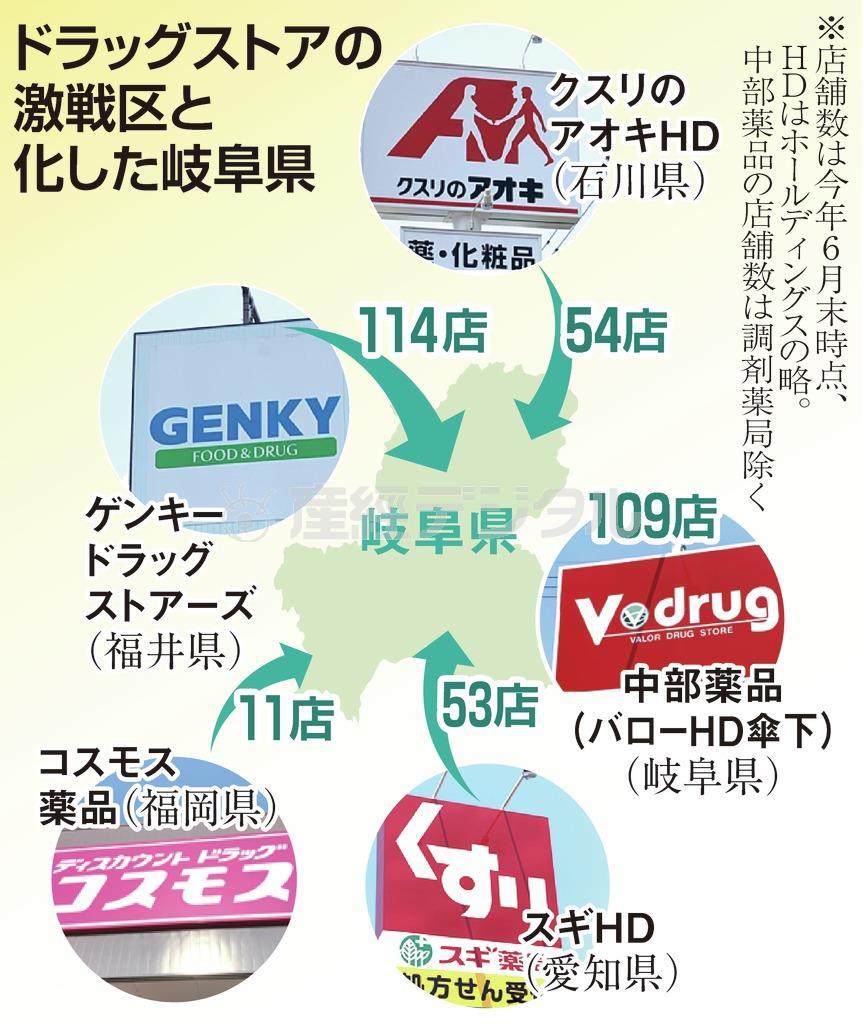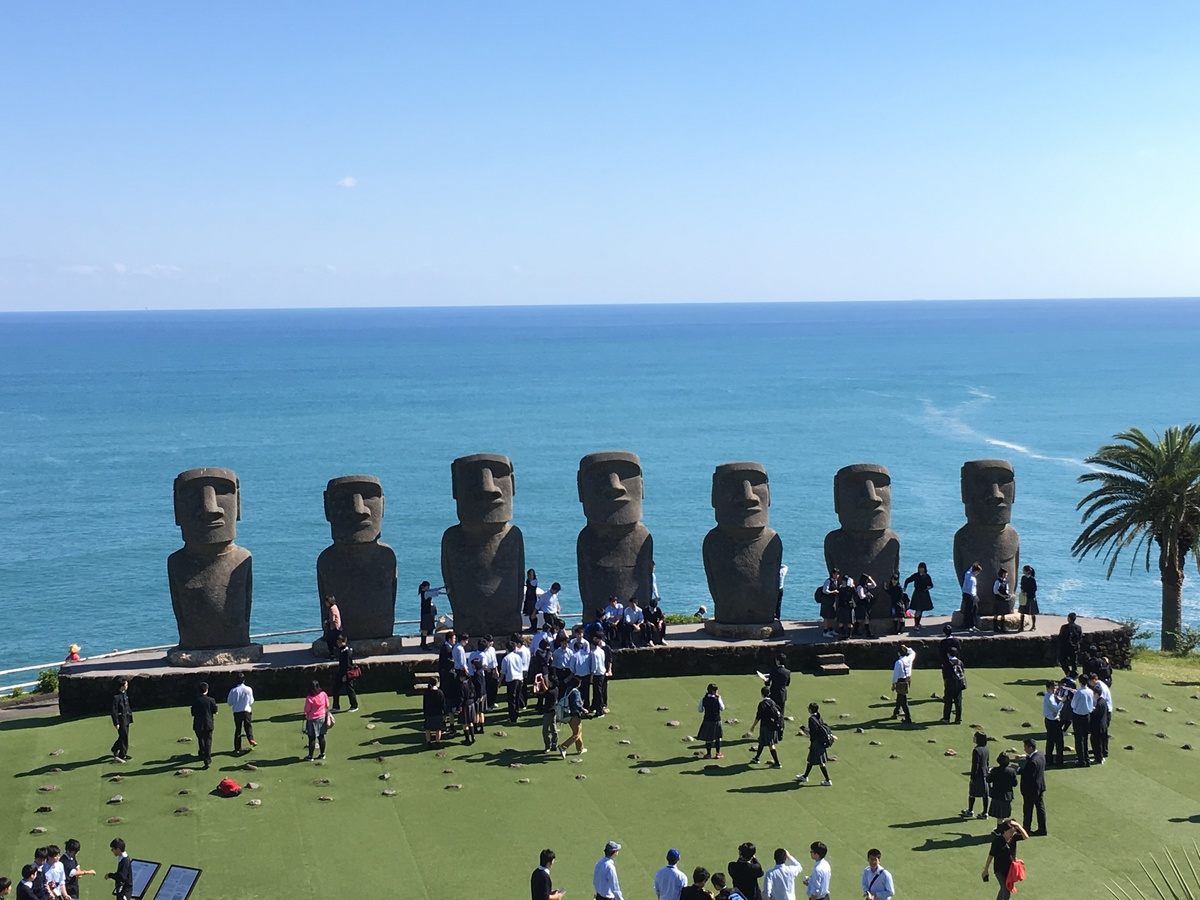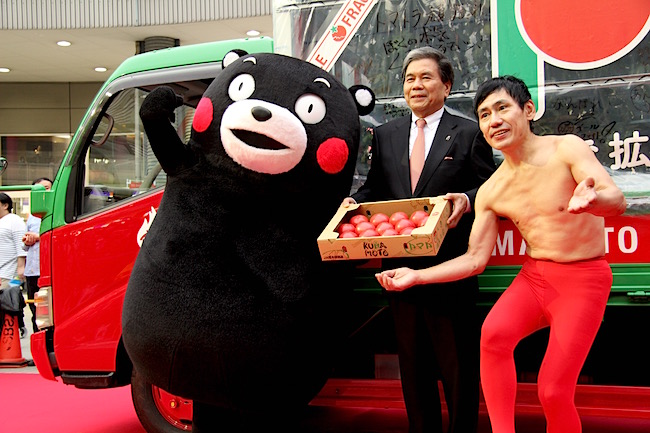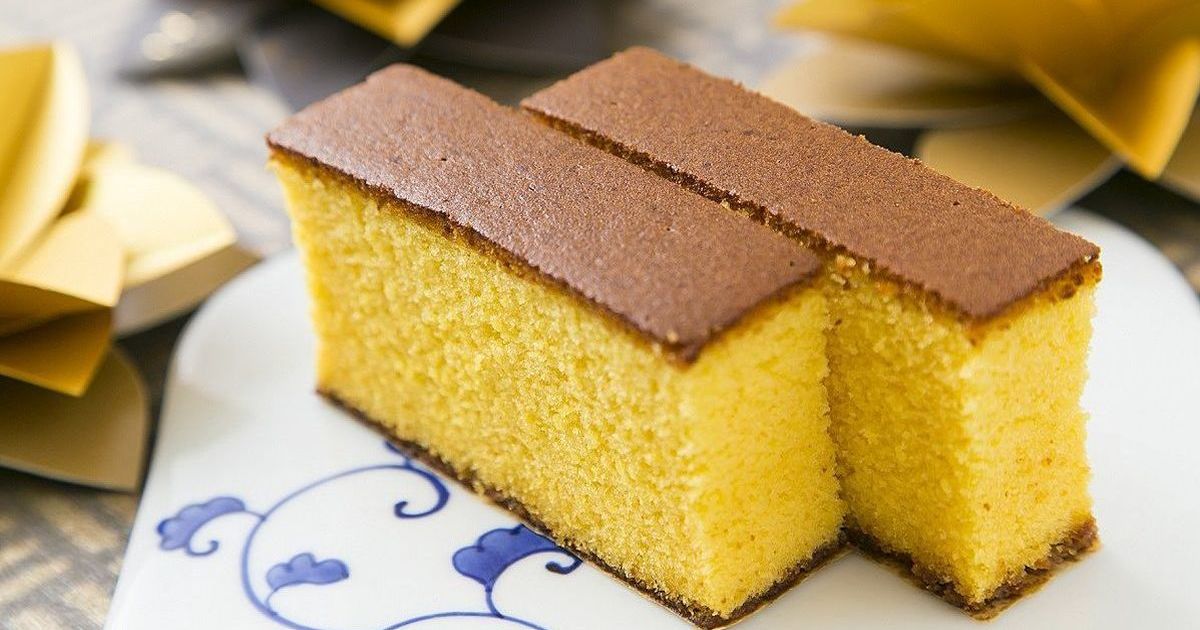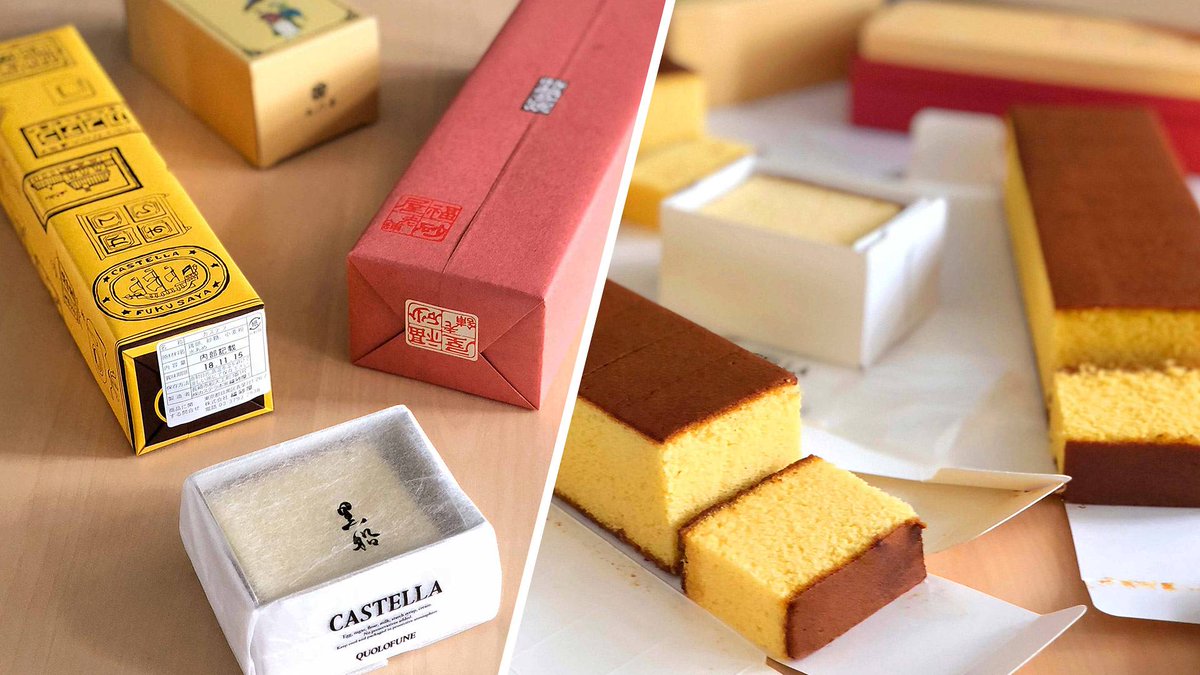I made a map of the very first thing Japanese people think of for every prefecture in Japan, at least according to Japanese Google autocomplete...
Many people outside of Japan have been asking questions about these search terms, so I though I would explain some of them in a thread...
Eight prime ministers have come from Yamaguchi - the most of any prefecture.
Eight prime ministers have come from Yamaguchi - the most of any prefecture.
Hyōgo indeed has many strange crimes.
Just to name a few...
The Kobe and Akashi Nude Murder Cases (1980s)
The Kobe Serial Child Murders (1997)
The Kobe Graduate Student Lynching Case (2001)
The Amagasaki Serial Murder Incident (2000s)
The Takarazuka Crossbow Murders (2020)
Just to name a few...
The Kobe and Akashi Nude Murder Cases (1980s)
The Kobe Serial Child Murders (1997)
The Kobe Graduate Student Lynching Case (2001)
The Amagasaki Serial Murder Incident (2000s)
The Takarazuka Crossbow Murders (2020)
Nagano has the highest annual consumption of sugar per person of any prefecture, and Nagano people are known for adding sugar to all sorts of weird things.
Nagano also has the highest consumption of miso, and yet somehow it also has the longest life expectancy. Go figure.
Nagano also has the highest consumption of miso, and yet somehow it also has the longest life expectancy. Go figure.
The small town of Kojima in Okayama prefecture is known as "Japan& #39;s Denim Capital" and the "Holy Land of Jeans."
It is known for producing super-high quality, vintage-inspired jeans.
It is known for producing super-high quality, vintage-inspired jeans.
Wakayama prefecture has by far the highest density of cram schools (juku in Japanese), with nearly 6 cram schools for every 1,000 elementary, junior high, and high school students.
The national average is around 4 such schools per 1,000 students, so Wakayama has ~50% more.
The national average is around 4 such schools per 1,000 students, so Wakayama has ~50% more.
Since the 1980s, massive amounts of dinosaur fossils have been found in Fukui at the Kitadani Dinosaur Quarry, including several new species that now have "Fukui" incorporated into their latin names.
The nearby Fukui Prefectural Dinosaur Museum looks like a giant dinosaur egg.
The nearby Fukui Prefectural Dinosaur Museum looks like a giant dinosaur egg.
Aichi is famous for its "Morning Service" where, if you go to a coffee shop and order a cup of coffee before noon, for the same price as a regular cup of coffee, they also give you breakfast, such as toast and eggs.
In Japan it& #39;s illegal for pachinko parlors to be open overnight, with the sole exception of Mie prefecture, where they can open all night, but only on New Year& #39;s Eve.
At New Year& #39;s, pachinko devotees travel to Mie to play for 38 hours straight, from 7 am to 9 pm the next day.
At New Year& #39;s, pachinko devotees travel to Mie to play for 38 hours straight, from 7 am to 9 pm the next day.
Gifu prefecture does indeed have an insane amount of drug stores, the highest number per capita of any prefecture.
It& #39;s very noticeable if you go there, and nobody is sure how they all stay in business, yet new ones still seem to be opening all the time.
It& #39;s very noticeable if you go there, and nobody is sure how they all stay in business, yet new ones still seem to be opening all the time.
Shiga has many factories all around Lake Biwa.
It made sense for distribution, since Shiga is in the center of Japan. Also, lake water is used to cool machinery (and in the past, dumping industrial waste).
35% of Shiga& #39;s GDP comes from manufacturing, the highest in Japan.
It made sense for distribution, since Shiga is in the center of Japan. Also, lake water is used to cool machinery (and in the past, dumping industrial waste).
35% of Shiga& #39;s GDP comes from manufacturing, the highest in Japan.
Aomori prefecture indeed has the lowest life expectancy in Japan, and has been lowest for decades. It has the highest consumption of salt, the highest rate of smoking, and the second highest consumption of red meat.
Aomori is consistently among the top five prefectures in death rates from drowning, suicide, cancer, and heart attacks.
All that said, Aomori& #39;s "short" life expectancy is 79 for men and 86 for women, which would be fantastic in almost any other country.
All that said, Aomori& #39;s "short" life expectancy is 79 for men and 86 for women, which would be fantastic in almost any other country.
Ishikawa & Akita prefectures have become known for having their middle school students do extremely well on the notoriously difficult national high school entrance exams.
Interestingly, the 2nd search term for Akita was "beautiful women" and 2nd for Ishikawa was "handsome men."
Interestingly, the 2nd search term for Akita was "beautiful women" and 2nd for Ishikawa was "handsome men."
Niigata prefecture has indeed produced a ridiculous number of famous manga artists, such as Rumiko Takahashi (Urusei Yatsura, Ranma ½, Inuyasha), Nobuhiro Watsuki (Rurouni Kenshin), Takeshi Obata (Death Note, Bakuman) and many others.
The 2nd search term for Niigata was: "rice"
The 2nd search term for Niigata was: "rice"
Miyazaki prefecture is home to the only officially authorized reproductions of Easter Island moai statues.
Seven exacting recreations of real moai can be found in Sun Messe Nichinan park in Nichinan city.
Seven exacting recreations of real moai can be found in Sun Messe Nichinan park in Nichinan city.
Kumamoto prefecture indeed produces more tomatoes than any other.
The famous "Kumamoto salt tomato," grown in drained salt flats, is felt to be especially delicious and sells for ten times the price of an ordinary tomato.
The famous "Kumamoto salt tomato," grown in drained salt flats, is felt to be especially delicious and sells for ten times the price of an ordinary tomato.
Nagasaki prefecture is known for a yellow sponge cake called "Castella" (kasutera in Japanese).
The original version of this cake was introduced to Nagasaki by the Portuguese in the 1500s, but has since been adapted to suit Japanese tastes.
The original version of this cake was introduced to Nagasaki by the Portuguese in the 1500s, but has since been adapted to suit Japanese tastes.

 Read on Twitter
Read on Twitter